Top Gun pilot out of cash in extradition fight
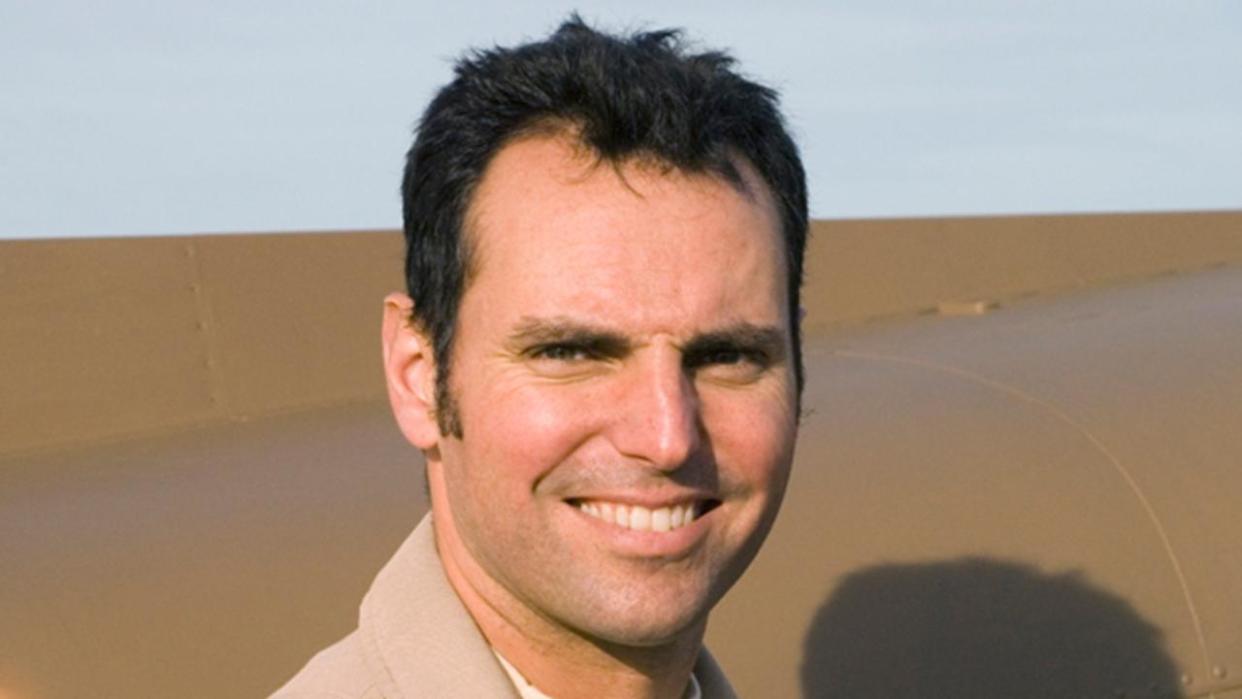
A former US marine pilot will have one last chance to prove he shouldn’t be extradited to the US over allegations he illegally trained Chinese pilots - but he’s run out of funds to pay for a lawyer.
Daniel Edmund Duggan has been in custody since October 2022 following a request from the US to extradite him for charges of conspiracy, arms trafficking and money laundering.
American authorities allege the 55-year-old breached money laundering and arms export control laws while teaching foreign pilots at a flying academy in South Africa more than 12 years ago.
He is also accused of breaching US arms control laws by instructing pilots, including Chinese citizens, on how to land atop an aircraft carrier.
The US authorities allege he was paid more than $110,000 for his expertise but he had not sought the government’s permission to undertake the role.
Mr Duggan has consistently denied the allegations, which have not been tested in court.
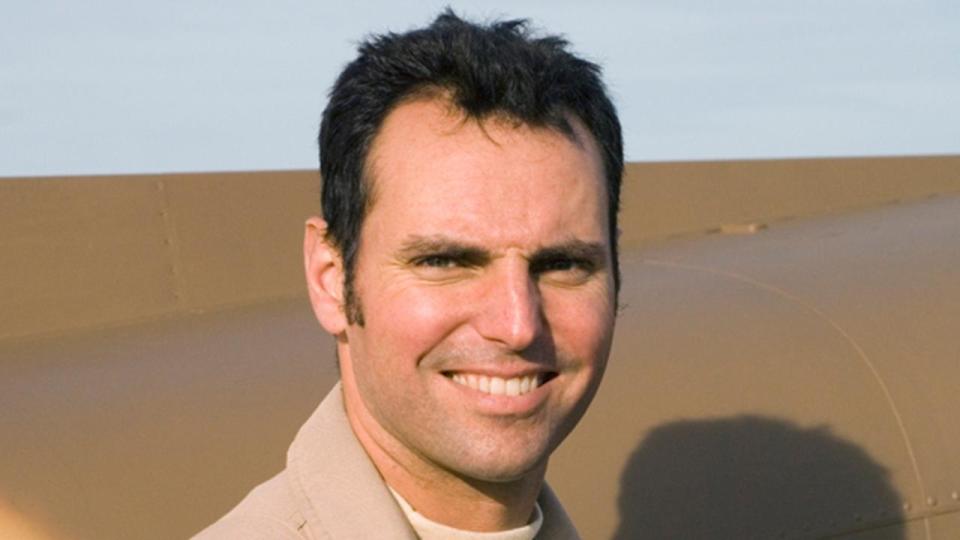
On Thursday, he looked anxious as he beamed into court from maximum security prison wearing black rimmed glasses and a green prison-issued jumper.
He then became visibly upset as Magistrate Daniel Reiss denied his application for an extension to prepare for a hearing to determine his eligibility for extradition to the US.
The magistrate found he had been given “a reasonable amount of time” and a “reasonable opportunity” to prepare for the crucial hearing.
Mr Duggan had requested an adjournment to allow him to apply for Legal Aid funding after claiming he was unable to fund his own defence.
The court heard he has already amassed $800,000 in costs during his fight against extradition to his birth country, including nearly $50,000 spent on media consultants.
Magistrate Daniel Reiss opined he had spent “a lot of money” before the matter had even reached a hearing, and questioned whether it was a “mismanagement of funds”.
“To use all your money up and then turn to Legal Aid - and that becomes the basis for further delays - it seems a bit irresponsible,” he said.
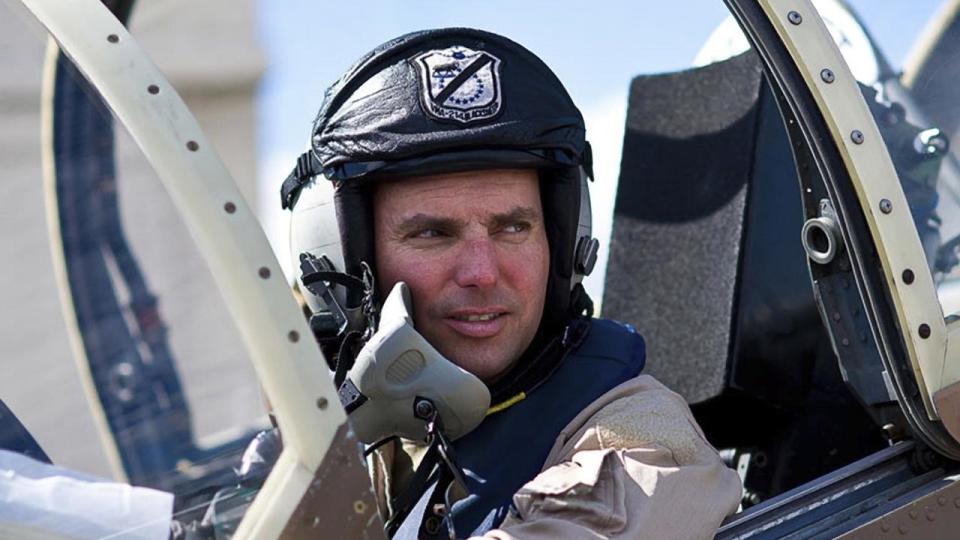
The court heard Mr Duggan had been planning on selling his house on the NSW South Coast to pay for the expenses, but the asset was frozen by the US authorities last year.
His lawyer Bernard Collaery said the US had “unreasonably truncated” the matter by seizing Mr Duggan’s “sole means” of paying his legal expenses.
He accepted the situation with the Legal Aid application was “dense and vague” but argued his client should be represented for the “reasonably complex” matter.
However, the US government’s lawyer Trent Glover opposed the adjournment and maintained Mr Duggan had been given plenty of time to prepare for the hearing.
He noted the US submissions on the former marine pilot’s eligibility for extradition had been before the court for “more than a year” without a response from the defence.
Magistrate Reiss similarly took issue with the number of delays in the case.
“Every application filed on behalf of Mr Duggan has been for delay. Every single one,” he said.
The magistrate denied the request for an extension and set the eligibility for extradition hearing for May.
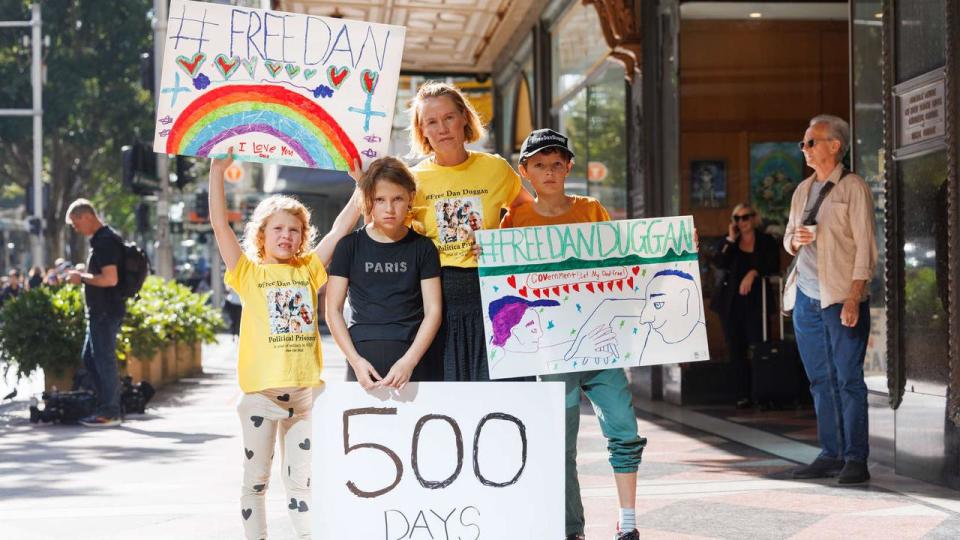
Mr Collaery told the court he will argue Mr Duggan cannot be prosecuted for two of the four allegations against him because he was not a US citizen at the time.
He pointed to US documents that showed the former marine pilot had renounced his American citizenship in 2012 when he became an Australian national.
“This man is an Australian citizen and could not be and cannot be tried for two of the counts,” Mr Collaery said.
“The US has no right to prosecute an Australian citizen for something that isn’t an offence in Australia.”
He said the revelation was “dramatic” and the legal team hoped “it was gold” in terms of thwarting their client’s extradition to the US.
However, Mr Glover argued Mr Duggan was able to be charged because he had certified the loss of his US citizenship five years later, in 2016.
Magistrate Reiss said the issue appeared “interesting” but seemed “to be too easy an out”.
Mr Duggan spent 12 years flying in the US Marines before he was honourably discharged in 2002.
The former operator of Top Gun Tasmania had been living in Orange, in central west NSW, with his wife and family when he was arrested.
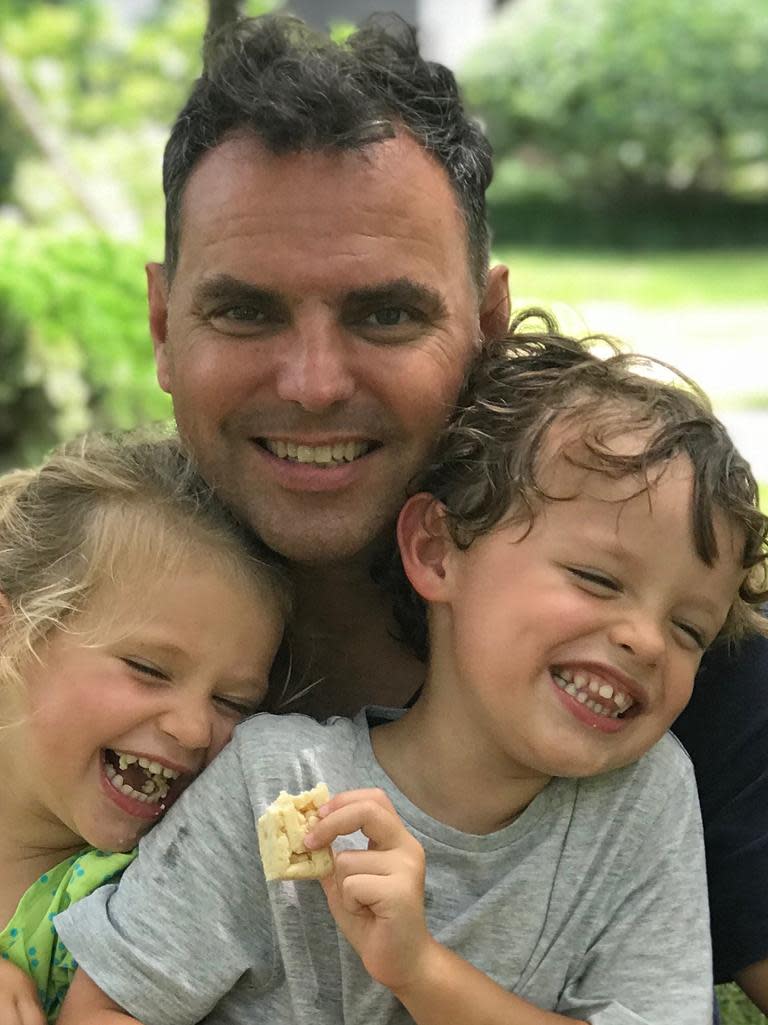
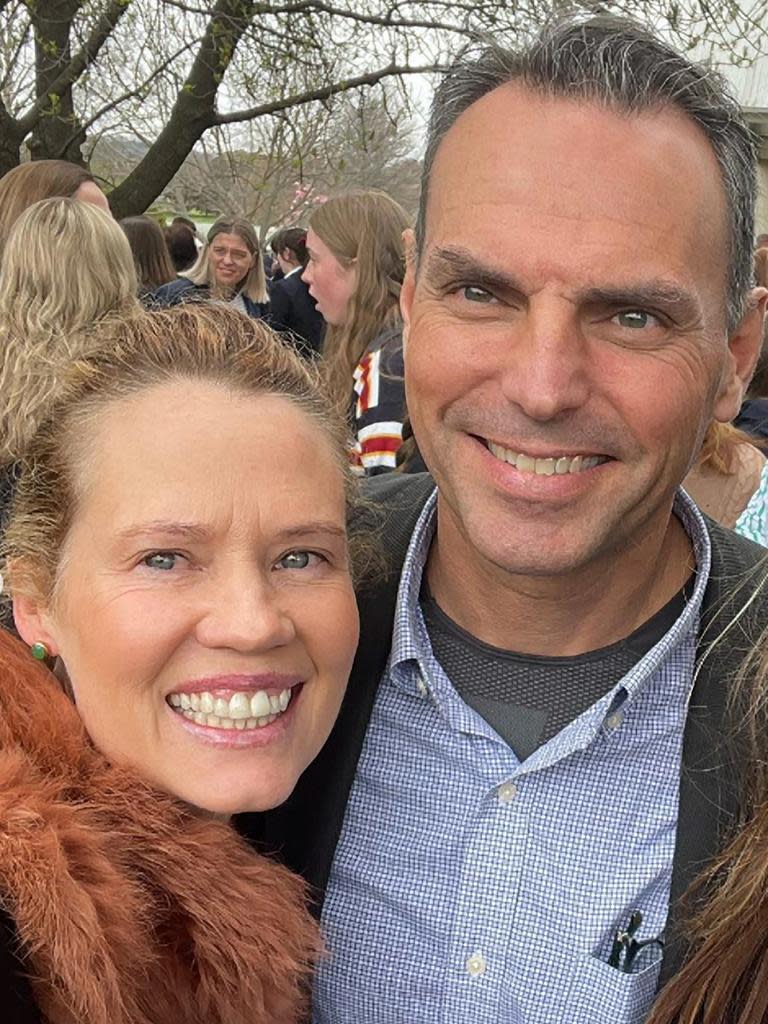
His wife Saffrine said her husband had consistently been denied the opportunity to properly defend himself against the 12-year-old allegations that she said “defy common sense or even the slightest scrutiny”.
“The basic legal and human rights of my hardworking family have been forgotten in this case due to apathy, political bias and a complete lack of due diligence by the bureaucrats who advised the (Australian) government on this matter,” she said.
“To make matters worse, our government’s agents have now assisted the United States to confiscate my property, which has left me unable to properly mount Dan’s legal defence”.
The court heard the family has raised $98,000 from a GoFundMe fundraiser and had also received donations from churches.
Outside court, Mr Duggan’s lawyer Jolan Draaisma said they were “disappointed” with the outcome.
She refuted the magistrate’s comment that the prospect of Mr Duggan’s extradition was “not as dire as might usually be the case” because he wasn’t being shipped off to a “third world country”.
“I don’t think extradition to a third world country or a country like America really makes a difference to the amount of stress a person is under if they’re facing extradition,” she said.


